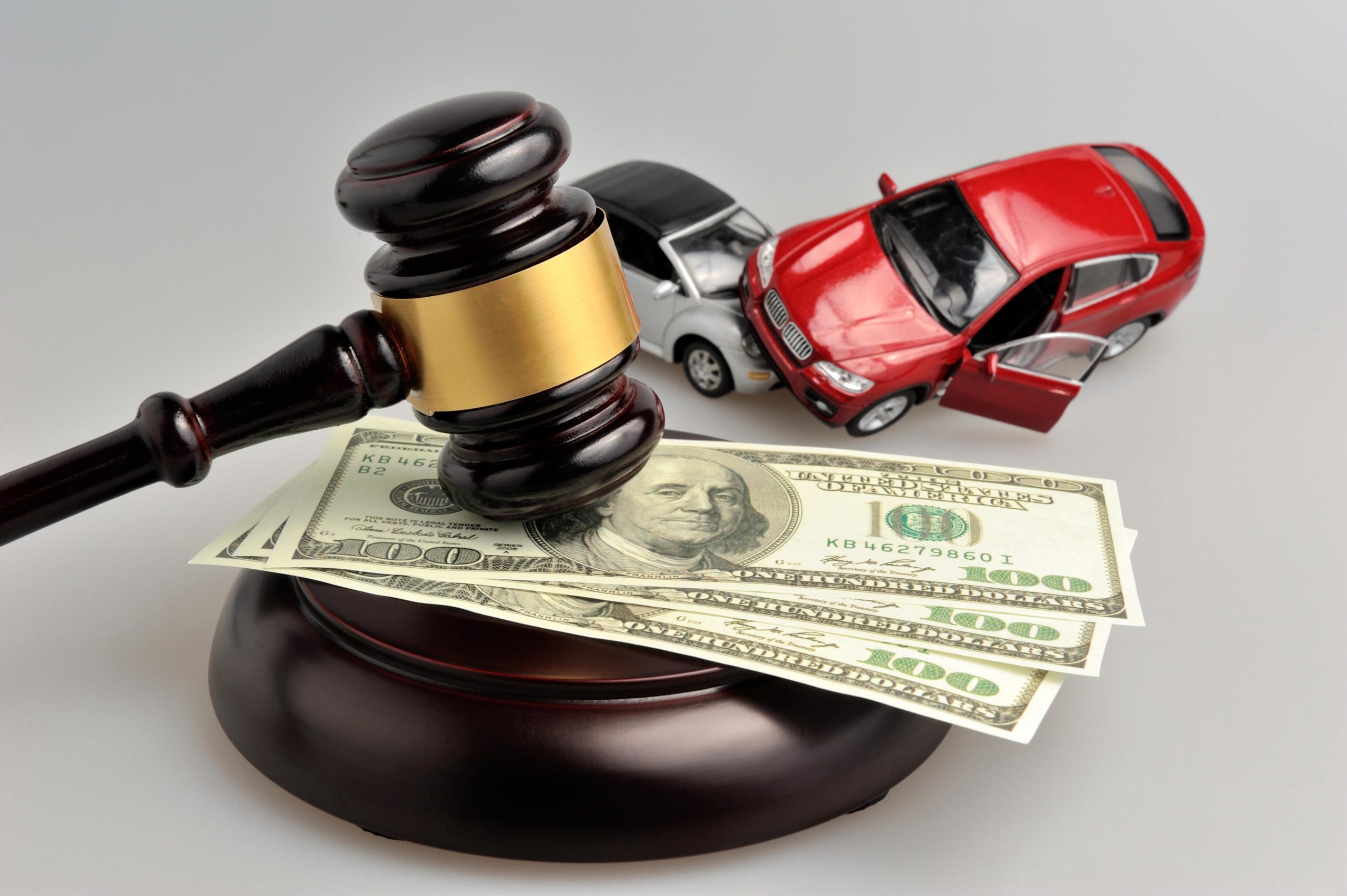What Damages Can I Sue for After a Texas Car Crash?

If you or a loved one is injured in a car accident or, if worse, a loved one is killed in a car crash, the law allows you to seek financial compensation for any damages you have suffered in the form of a personal injury lawsuit. It is important to remember that there are multiple types of damages available in a car accident.
By working with an experienced Texas car accident attorney, you can identify all the damages that are applicable to your unique case. These may include economic damages, like medical bills and lost wages, as well as non-economic damages, such as pain and suffering and loss of consortium. If the court finds the defendant was especially reckless, you may also recover punitive damages.
Medical Costs
If you are injured in a crash, you will incur some amount of medical expenses. From doctor visits to medication to surgery, the bills can pile up quickly, leaving you wondering how you are supposed to pay for them. The good news is that if you were not at fault for your crash, you may not be liable for your medical expenses.
Texas car accident and crash lawsuits give you the chance to recover any and all expenses resulting from medical attention and physical therapy that resulted from the crash. These can also include future medical expenses you are likely to incur through continued treatment.
Lost Wages
If your injuries prevented you from working, you can seek reimbursement for any lost wages. Lost wages also include any vacation or paid leave used while receiving treatment for your injuries as well as time you took off while to get your vehicle repaired.
Loss of Earning Capacity
Some car accidents result in long-term injuries and complications. If these complications have negatively impacted your long-term earning capacity, you can sue for those damages as well. Whether you are unable to work your current job because of your injuries or you missed out on a promotion, you are legally able to recover those losses in a car accident lawsuit.
Non-Economic Damages
Non-economic damages include any damages that don’t have a fixed dollar amount tied to them. Whereas medical bills and lost wages can be easily determined, non-economic damages are more difficult to calculate. After all, how much is a person’s pain and suffering worth? A Texas car accident lawyer can help demonstrate the value of these damages to a judge and jury. Other common non-economic damages you may sue for:
- Mental anguish
- Anxiety
- Stress
- Lost or reduced ability to have sexual relations
- Disfigurement
- Loss of quality of life
- Impairment
- Emotional distress
Punitive Damages
Punitive damages are rarer than other damages. That is because punitive damages punish the defendant for especially reckless or callous behavior rather than compensate the defendant and make them whole.
To be awarded punitive damages, your attorney will have to prove the defendant’s actions reach the threshold of “gross negligence.” Further, you must have suffered “actual” damages (e.g. economic and/or non-economic damages) to be awarded punitive damages.
Texas statutes cap punitive damages for car accidents at the greater of:
- $200,000 or
- Two times the amount of economic damages plus the amount equal to non-economic damages, up to $750,000.
Have More Questions About What You Can Sue for in a Texas Car Crash?
If you have more questions about the types of car accident damages that may be available to you or any other questions about your rights as an injured victim, call Thomas J. Henry Law for a free case consultation with an experienced car accident attorney. Our attorneys are available 24/7, nights and weekends to assist you. Our firm has offices in Corpus Christi, San Antonio, Dallas, Austin, and Houston serving clients across Texas and nationwide. If for any reason you are unable to travel to our offices, we can send an attorney directly to you.
Thomas J. Henry Law works on a contingency fee basis, so you pay us nothing unless and until we win your case. Do not wait, call now to begin your journey to recovery.
Blog














